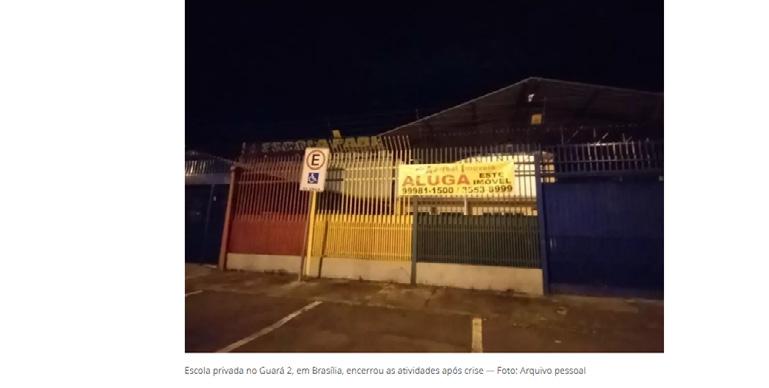
1 minute read
National Assessment of the Quality of Early Childhood Education
The assessment of the quality of infant education was undertaken on a national scale, with analysis of the learning environments in schools forming part of the infant education systems in the municipalities of Belo Horizonte (MG), Boa vista (RR), Campo Grande (MS), Fortaleza (CE), Goiânia (GO), Joinville (SC), Porto Alegre (RS), Porto Velho (RO), Recife (PE), Rio de Janeiro (RJ), Sobral (CE) and Suzano (SP).

The project involved a technical partnership with the Social Economy Research and Studies Laboratory (Lepes) and the institutional partnership between Itaú Social and the Movimento Bem Maior (‘Greater Movement’) organization. The majority of the data was collected in the second half of 2021, offering a diagnosis drawn from different Brazilian contexts, providing the administrators with a base with which to qualify infant education in their municipalities, in line with that available in the National Common Curriculum Base (BNCC).
In 2022, the study’s Executive Summary and Final Report were announced and published, presenting a “regular” scenario in terms of the
Inequalities in guaranteeing the right to pre-school education
The ‘Inequalities in guaranteeing the right to pre-school education’ study was performed in 2022 using data from the 2019 ‘Continuous National Household Sample Survey’, the School Census and the Population Census. With technical support provided by the Quantis Consultancy and institutional support from Undime and Unicef, the aim was to study the socioeconomic profile of those children who have not been assured the right to pre-school education in Brazil.
quality of the learning environments observed. In order to broadly disseminate the project, an in-person seminar was held to present the results. The assessment results were also widely reported by the press, due to the unique nature of the information on the quality of infant education provided on a national level, whilst also considering other aspects evaluated such as inputs and pedagogical practices.
Faced with a scenario in which 330,000 children do not attend pre-school, despite the law guaranteeing that every child who has turned four years of age by March 30 of the year in question has the right to attend a public infant education school, the study performed an important diagnosis which can guide public administrators in developing better focused actions that guarantee an equal, high-standard pre-school education for all.
Its results demonstrate the social inequalities that exist in this country: Black children, living in poverty, who are the daughters of mothers aged 19 or less who have received little education and who work without proper documentation, run the greatest risk of not attending pre-school. Considering this fact, the publication was intended to be a wake-up call for action by the whole of society, with special emphasis on the municipal education administrators.









